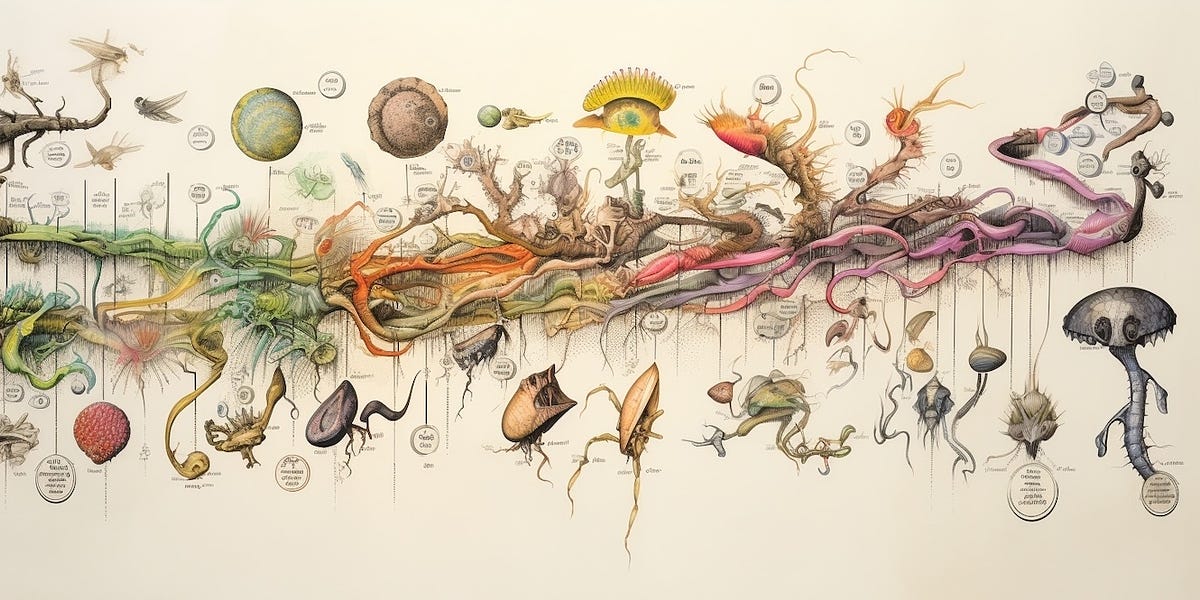
Gall's Law: But First, Simplify


Gall's Law is one of those statements that just keeps hitting harder and more deeply the more time I spend with it. At first it seemed false, then a truism, then an interesting insight, and now a foundational belief about the world. https://t.co/9gfnaeAPqH